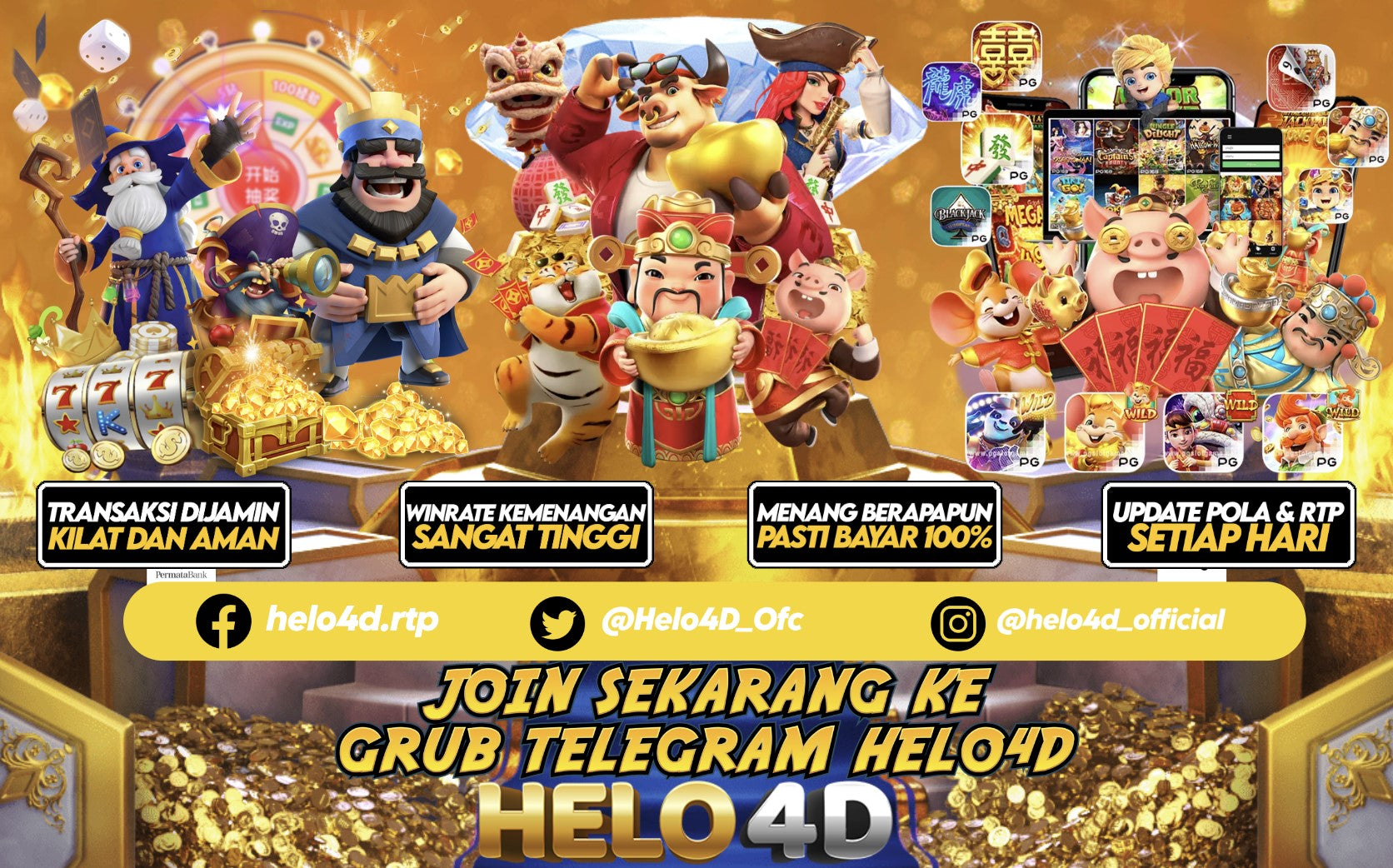My Store
HELO4D STORE : OFFICIAL LINK LOGIN & LINK DAFTAR 2024
HELO4D STORE : OFFICIAL LINK LOGIN & LINK DAFTAR 2024
Harga reguler
Rp 10.000,00 IDR
Harga reguler
Rp 50.000,00 IDR
Harga obral
Rp 10.000,00 IDR
Harga satuan
/
per
Tidak dapat memuat ketersediaan pengambilan
Share



